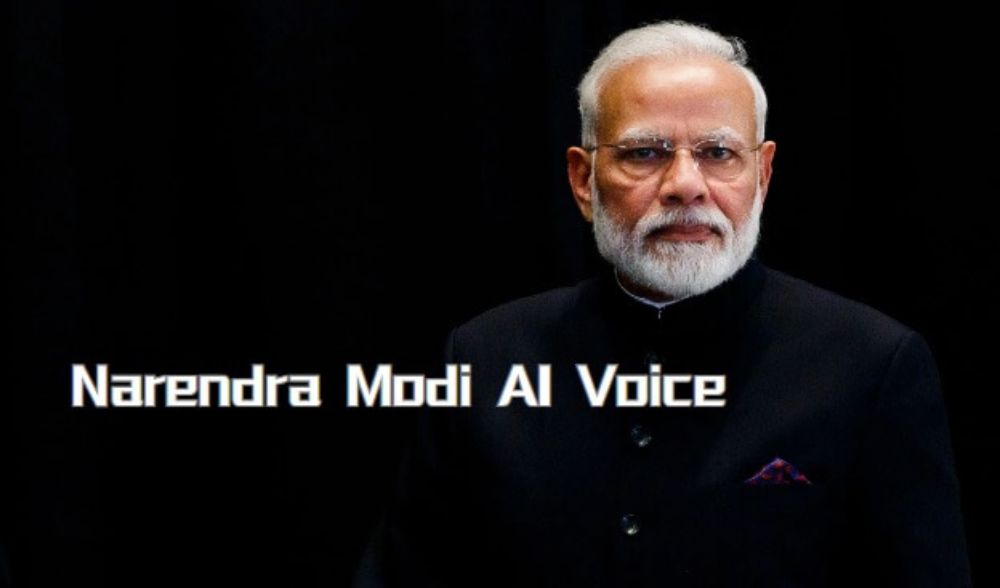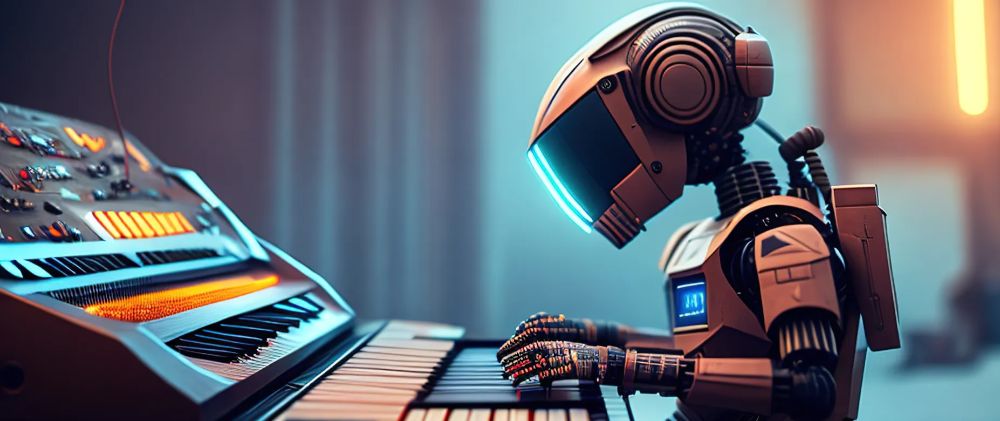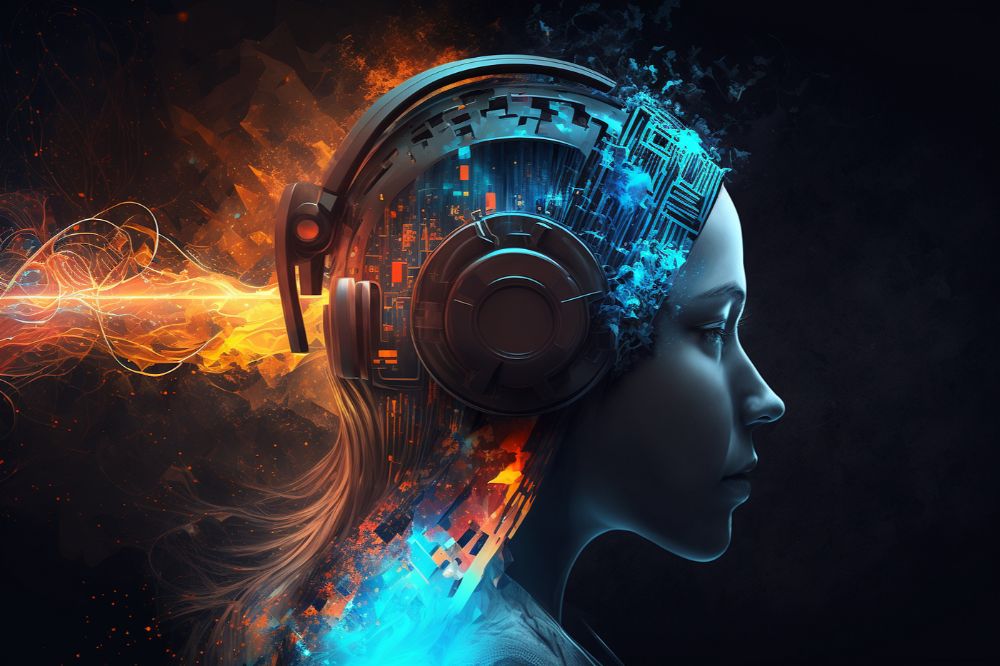Artificial Intelligence (AI) is making significant strides in reshaping various aspects of our lives, and its latest frontier is revolutionising the creation of music. Enter a new era where AI not only fixes existing tracks but composes and sings catchy tunes, leveraging the voices of iconic singers who are no longer with us.

Renowned composer A.R. Rahman has pioneered the use of AI in music creation, recently releasing a track for Rajatikanth’s film Lal Salam. Leveraging advanced algorithms, Rahman breathed life into the voices of late singers Bamba Bakya and Shahul Hamid, showcasing the transformative power of AI in artistic expression.
AI-generated tracks featuring the voices of various artists, including surprising names like Prime Minister Narendra Modi, are gaining traction on platforms like YouTube and Instagram. The Indian music industry’s leading artists are increasingly embracing this cutting-edge technology.
Delving into the workings of AI in music creation, the technology utilises extensive machine learning algorithms that analyse patterns, predict trends, and generate music based on datasets. Natural language processing enables AI to dissect audio tracks, understand instrumental and vocal elements, and recreate them in new compositions.

AI Tools: Transforming Music Industry Dynamics
Several AI tools, including Audio Ship, Suno AI, and Music Gen, facilitate the swift creation of desired tracks in an artist’s voice. This transformative technology holds immense potential to revolutionise the global music industry, impacting composition, production, distribution, and consumption.As AI disrupts creative industries, ethical considerations become paramount. Ankut Tivari emphasises the importance of deploying AI responsibly and ethically, ensuring that it enhances rather than stifles innovation in the creative process.

While AI’s integration into music creation raises questions about its impact on artistic innovation, the transformative potential of this technology is undeniable. As AI continues to evolve, it poses both challenges and opportunities for the music industry, urging artists and creators to navigate this new frontier responsibly.
